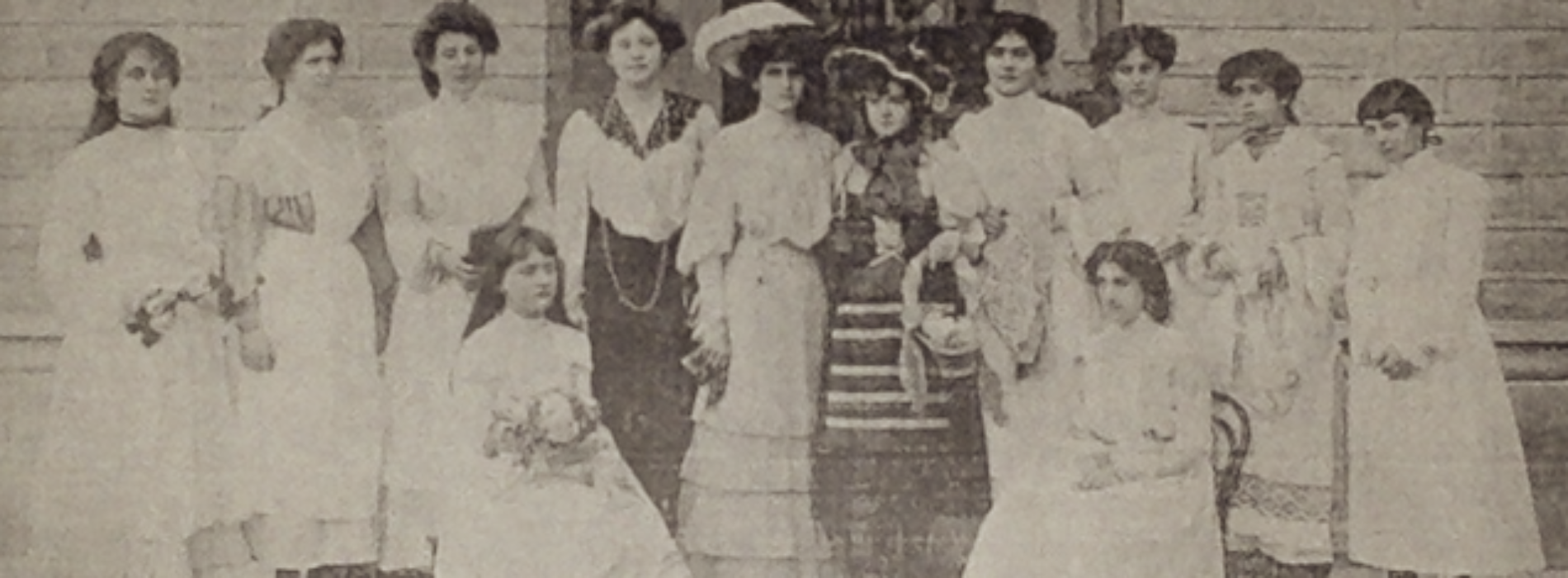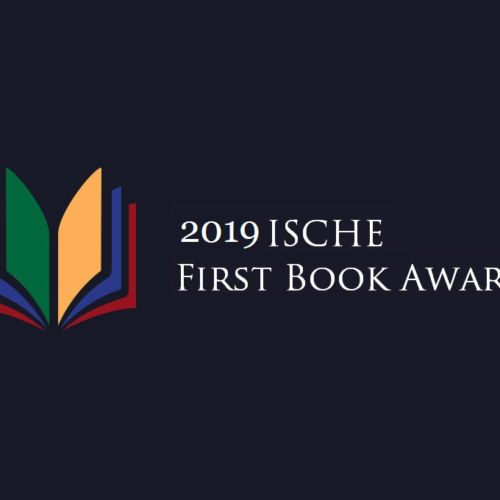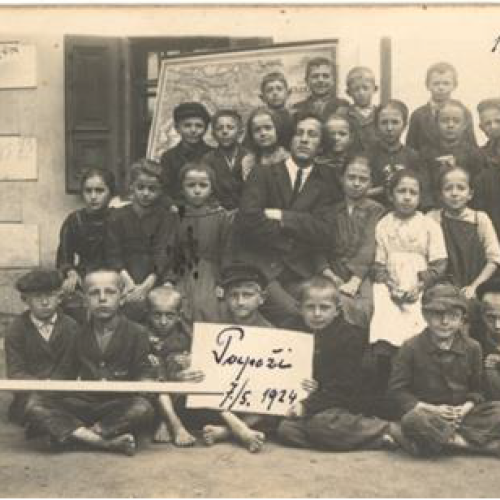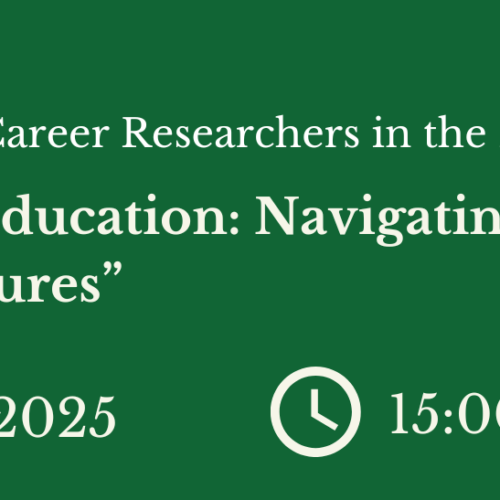ISCHE 40 Pre-Conference Workshop CFP: Shifting the frame on ‘femininity’. Deadline: May 30, 2018
Shifting the frame on ‘femininity’: fluidity in the history of women’s education
ISCHE Pre-conference workshop, August 28, 2018
Convenors:
Tim Allender, University of Sydney
Stephanie Spencer, University of Winchester
Call for proposals
Recently, deconstructions around the paradigm of femininity have been revealing in determining educational spaces that range from institutional contexts to family, to professional outlooks, to racial identity, to defining community and religious groupings. Furthermore, historians are seeking alternatives to linear analyses and resisting disciplinary boundaries around their research (Gleadle, 2013). There is much more scope for historians of education, particularly as recognition of the fluidity of constructions of femininity across time and place disrupt notions of homogeneity and consequently expand the nature of sites that might be described as educational (Liinason & Meijer, 2017).
This pre-conference workshop seeks to engage with this shifting frame to better understand how the ideal of femininity is referenced by the practicalities of female agency, as women negotiated rather than disregarded the constraints of their historical context by paradoxically enshrining the ideal of femininity when their circumstances demanded that they move away from it. These relationships and interactions can be exemplified by taking many directions. Some of these include:
- How did females and males in middle age, away from the aesthetics of the feminine body of youth, still direct this aesthetic in learning settings?
- How might femininity be determined through everyday sensory perceptions around touch, olfaction, vision and noise in the classroom? (G. McCulloch, 2011:601) citing A. Corbin (1986), and J. Steward & A. Cowan (2007)).
- Were the ‘unnatural’ acts of women encouraging other females to pursue careers in the masculine domains of Science and Mathematics away from the Arts, otherwise more aligned to feminine learning in the past? (R. Watts, 2007; C. Jones, 2009).
- How was the middle-class feminine learner, ‘at the piano, in the parlour rather than the classroom… unequivocally belonging to the realm of culture’ (Theobald, 1996) undone by the ‘blue stocking’ teacher in the classroom?
- How did colonial domains, and other transnational travelling, pervert Western feminine learning, as mostly male constructed paradigms of racial separateness and female respectability intervened to create newly marginalised spaces of feminine interaction? (R. Rogers, 2013).
- Did entering a religious order to educate, involving replacing individual feminine identity in favour of community life and piety, direct the way convent girls were taught? (Agatha, Newman, 2017)
- How did medical discourses intersect with formal and informal education and highlight the changing nature of, and supervision of, stages of girls’ and women’s lives as they moved from puberty to old age (de Bellaigue, 2017).
- How feminist theory interacts with paradigms of masculinity such as bildung, to complicate the boundaries between formal and informal education (Simon-Martin, 2016).
The pre-conference workshop invites submissions from those interested in this theme. They will be drawn upon to initiate broader discussions, especially around shifting the paradigm of femininity and how theoretical issues and archival discoveries also shift this frame to position differently the actualities and experience of learning for women and girls in the past. The audience will be encouraged to bring the findings of their research to these discussions. Furthermore, those interested in these topics will be given the opportunity to engage with these themes with a view to possible future collaboration.
Abstracts should be sent to Professor Tim Allender via his email: tim.allender@sydney.edu.au
They should be about 350 words in length, and the deadline for acceptances is May 30, 2017.
About author
You might also like
Request for submissions: 2019 ISCHE First Book Award (Deadline: Sep. 28 2018)
The ISCHE First Book Award recognizes a single-authored academic monograph by a historian of education that represents innovative and exemplary scholarship in the field of history of education broadly conceived.
Call for Papers – Historical Association of Slovenia (28-30 Sept 2016) Deadline 5 February 2016
The 38th HAS assembly will take place in collaboration with the Koroško zgodovinsko društvo / Carinthian Historical Society in Ravne na Koroškem (Slovenia) from 28-30 September 2016. The main theme
Richard Aldrich
Professor Richard Aldrich, a past president of the International Standing Conference for the History of Education and Emeritus Professor of the History of Education at the Institute of Education London,





